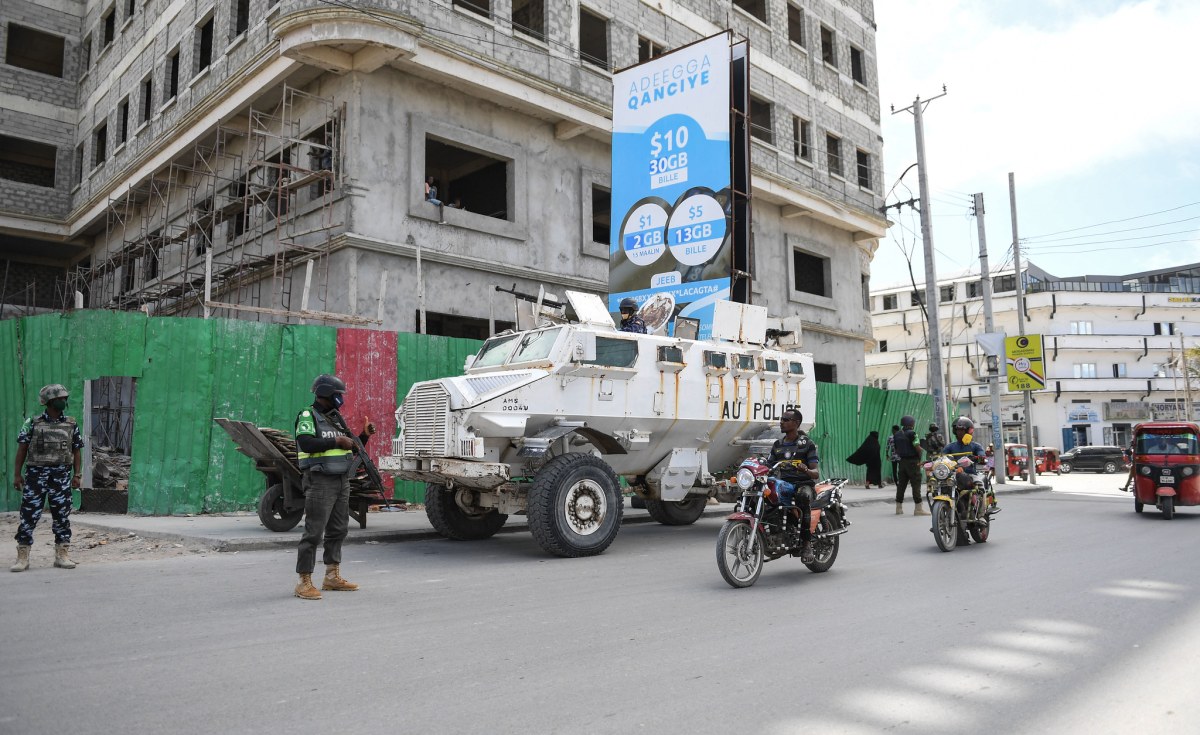New York: India’s permanent representative to the United Nations, Ruchira Kamboj, firmly emphasised that India has been at the forefront of supporting action-oriented steps at global level in response to climate change, adding that it will always be a “champion” for climate action and climate justice.
While addressing the United Nations Security Council (UNSC) open debate, she further highlighted five pointers, and said, “India will always be a champion for climate action and climate justice. We feel that climate change is interlinked with development matters and hence needs discussion in forums with universal participation.”
Kamboj emphasised that choosing to put the issue of climate change in forums other than the United Nations Framework Convention on Climate Change (UNFCCC), where all members do not sit on an equal footing, can undermine the larger cause of security equity and climate justice.
While highlighting the second pointer, she said that addressing global food insecurity should begin by “choosing peace, cooperation and multilateralism and working together” to find common solutions through dialogue and diplomacy.
“It is also necessary for all of us to adequately appreciate the importance of equity, affordability and accessibility when it comes to food grains. Open markets must not become an argument to perpetuate inequity and promote discrimination,” she added.
She further emphasised that providing capacity building support to countries facing challenges in designing, implementing and monitoring food related policies and programmes is also important.
Third, she stressed the need to look for more resilient and viable options to meet global food security needs.
“Anticipating precisely such challenges, India has been championing the cultivation, production and marketing of millets, which are climate resilient and climate friendly crops, for bolstering food security,” she stated.
Recalling India’s G20 presidency and its commitments, she said that during India’s presidency, the G20 has made ambitious commitments to enhance global food security and nutrition for all in line with the G20s high level principles on food security and nutrition.
It included “a range of responses to food security, from strengthening research cooperation on climate resilient and nutritious grains, to accelerating innovations and investment focused on increasing agricultural productivity and, most critically, supporting developing countries efforts and capacities to address their food security challenges.”
Emphasising the fifth keypoint, Kamboj stated that India’s G20 presidency also saw agreement on a green development pact for a sustainable future, which includes bold and ambitious commitments on climate finance, a clean, sustainable, just, affordable and inclusive energy transition and mainstreaming lifestyles for sustainable development or mission life.
“India has thus clearly set the agenda for global discussions on globally just transitions as well as climate action,” she added.
She further reiterated that India has always been proactive in assisting its partners in times of distress.
“During the devastating period of the COVID-19 pandemic, India provided food aid to several countries, including in our neighbourhood and Africa, to strengthen food security,” she said.
Moreover, she said that India has extended assistance to the people of Afghanistan, Myanmar and Palestine, all in keeping with its firm belief in the abiding ethos of “Vasudhev Kutumbakam”, which sees the world as one large, interconnected family.
This report is auto-generated from a syndicated feed





















Discussion about this post